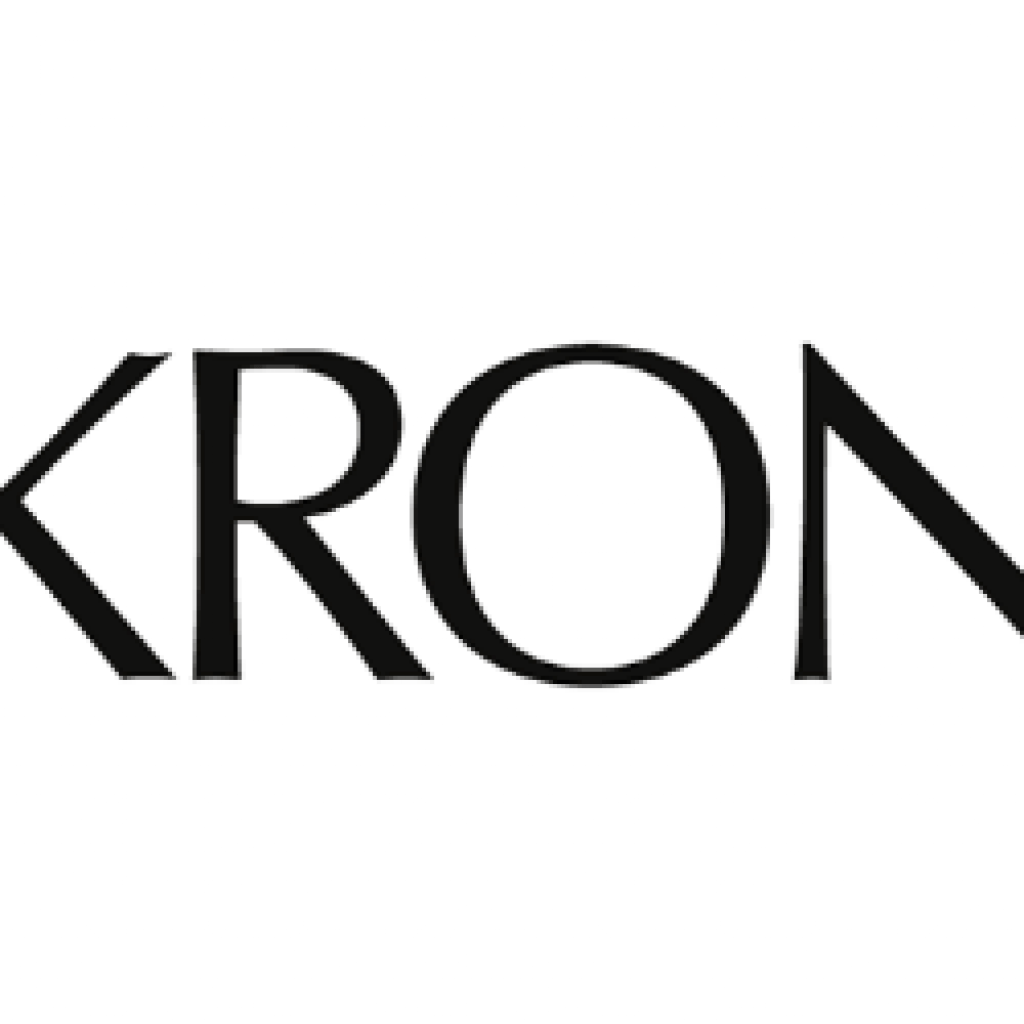(Beninga) Kronos has issued a news release explaining its efforts in the infusion energy and quantum computing domains and explains how its work with these two technologies could influence economic rivalry between USA and China. Inside Quantum Technology summarizes the discussion below.
The quantum computing systems, algorithms, and tokamak design plans developed by Kronos Fusion Energy Defense Systems could be a key factor in winning a significant edge for the USA over its economic and political rival, China.
China’s vigorous fusion program is committed to developing its quantum computing resources. Centered on the recently founded Chinese National Laboratory for Quantum Information Sciences, the program has received billions of dollars in funding. China currently holds 2.5 times more patents in deep learning than America, as well as a cornerstone of advanced quantum computing, while aggressively pursuing further developments. Chinese premier Xi Jinping even describes these technological sectors as the “main battleground” between the USA and China.
Currently, the edge in these economically and strategically vital technologies arguably belong to the PRC. However, Kronos offers the potential to redress this balance by bringing together quantum computing and fusion energy into a single powerful project. Harnessing the ability of quantum devices, neural networks, and machine learning to crunch immense quantities of data, while testing a multidimensional array of thousands of problems, learning and adapting in real-time, the potent simulations Kronos has developed should enable building fusion tokamaks 4,000% more effective than current reactors.
Kronos believes the lightning-fast development and analysis cycle provided by its algorithms will empower the U.S. to leapfrog twenty years ahead of China in fusion energy generation. Its quantum computing systems will not only enable developing precise, efficient fusion reactor designs, compact fusion engines for spacecraft, and other fusion technology, but demonstrate the viability of quantum learning as a breakthrough tool of economic and scientific success. Kronos’ cutting-edge “proof-of-concept” will potentially attract robust public and private investment to the wider quantum research sector, putting the USA on course to achieve superiority not only in tokamak design but also in quantum computing research.
